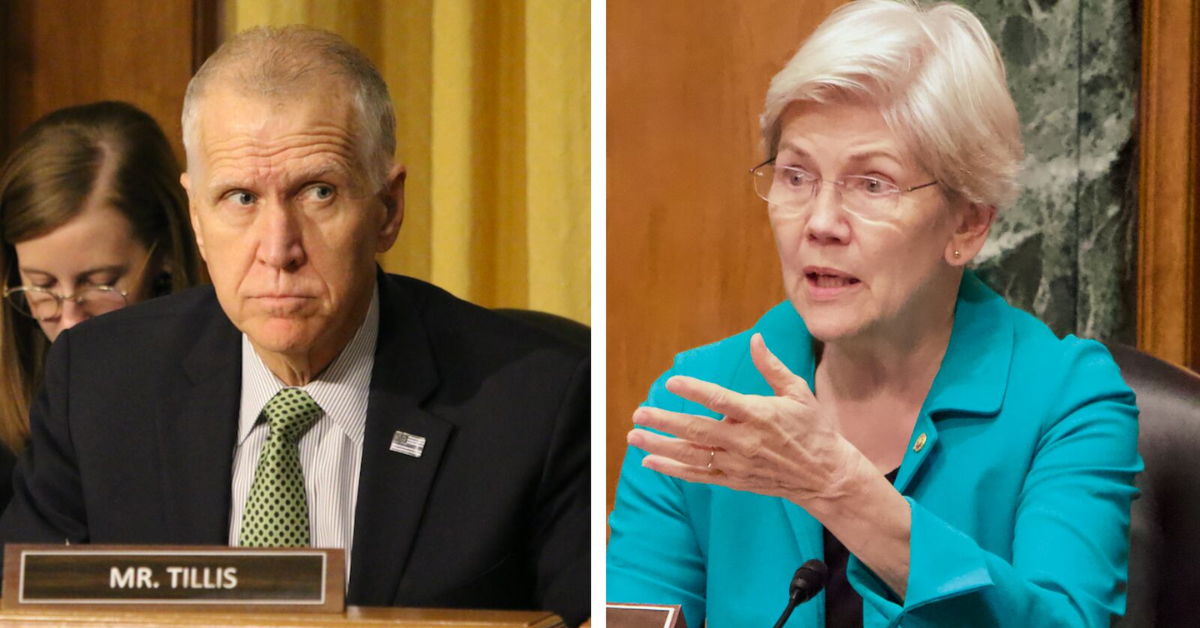
The ongoing budget fight between the House and Senate in the United States has put Affordable Care Act (ACA) subsidies at risk. These subsidies help millions of Americans pay for their health insurance, and if they expire, many people could face much higher premiums starting next year. This potential change is causing concern among health experts and consumers alike.
Understanding this dispute is important not just for Americans but for global observers as well. The ACA has been a key part of expanding healthcare access, and its uncertain future raises questions about healthcare costs and affordability. Let’s dive into what’s happening with these subsidies and how it might impact millions of people.
What Are ACA Subsidies and Why Do They Matter?
ACA subsidies are financial aids provided to eligible individuals and families to lower the cost of health insurance premiums bought through the federal or state marketplaces. These subsidies make health coverage more affordable, especially for lower- and middle-income households.
Since the American Rescue Plan Act of 2021, these subsidies have been expanded to cover more people and reduce individual payments. According to Kaiser Family Foundation, these enhanced subsidies have been vital in helping approximately 9 million people keep their insurance affordable.
The Spending Fight and the Future of ACA Subsidies
The budget conflict revolves around disagreements on federal spending caps and priorities. The House’s proposed budget does not fully extend the enhanced ACA subsidies beyond the current year, while the Senate seeks to maintain them. This standoff threatens to cutoff subsidies unless a compromise is reached.
If no agreement is made, millions may lose the financial help that keeps their insurance affordable. The Congressional Budget Office estimates that without these subsidies, premiums could surge by 20% to 50%, placing a heavy burden on many families.
Potential Premium Shocks and Their Impact
For many Americans, the expiration of these subsidies would mean a sudden increase in monthly insurance premiums. Younger adults and families might face difficult choices between paying higher costs or going uninsured. Experts warn this could reverse gains made in reducing the uninsured rate.
Moreover, some regions could see even larger premium hikes depending on local insurer participation. This unpredictability adds stress for consumers trying to budget for healthcare. The situation highlights the fragile nature of health insurance markets without continued government support.
What Can Consumers Do Now?
Individuals currently using ACA subsidies should stay informed about legislative developments. It’s a good idea to review your current health plans and budgets to prepare for possible cost changes. Signing up for marketplace updates and consulting licensed insurance agents can provide helpful guidance.
Additionally, advocates encourage contacting local representatives to express the importance of keeping subsidies intact. Public pressure may play a role in pushing lawmakers toward a resolution that protects affordable healthcare.
Looking Ahead: The Importance of Stable Health Coverage
The dispute over ACA subsidies reflects broader challenges in the US healthcare system about affordability and access. Ensuring that millions can maintain coverage without facing prohibitive costs is crucial for health and well-being.
As these budget talks continue, the stakes remain high. Observers suggest that both sides recognize the need to avoid a healthcare crisis caused by premium spikes. Hopefully, a bipartisan solution will be reached to safeguard subsidies and keep health insurance within reach for million.









